Yemen’s Forgotten HIV Patients: Sami’s Story
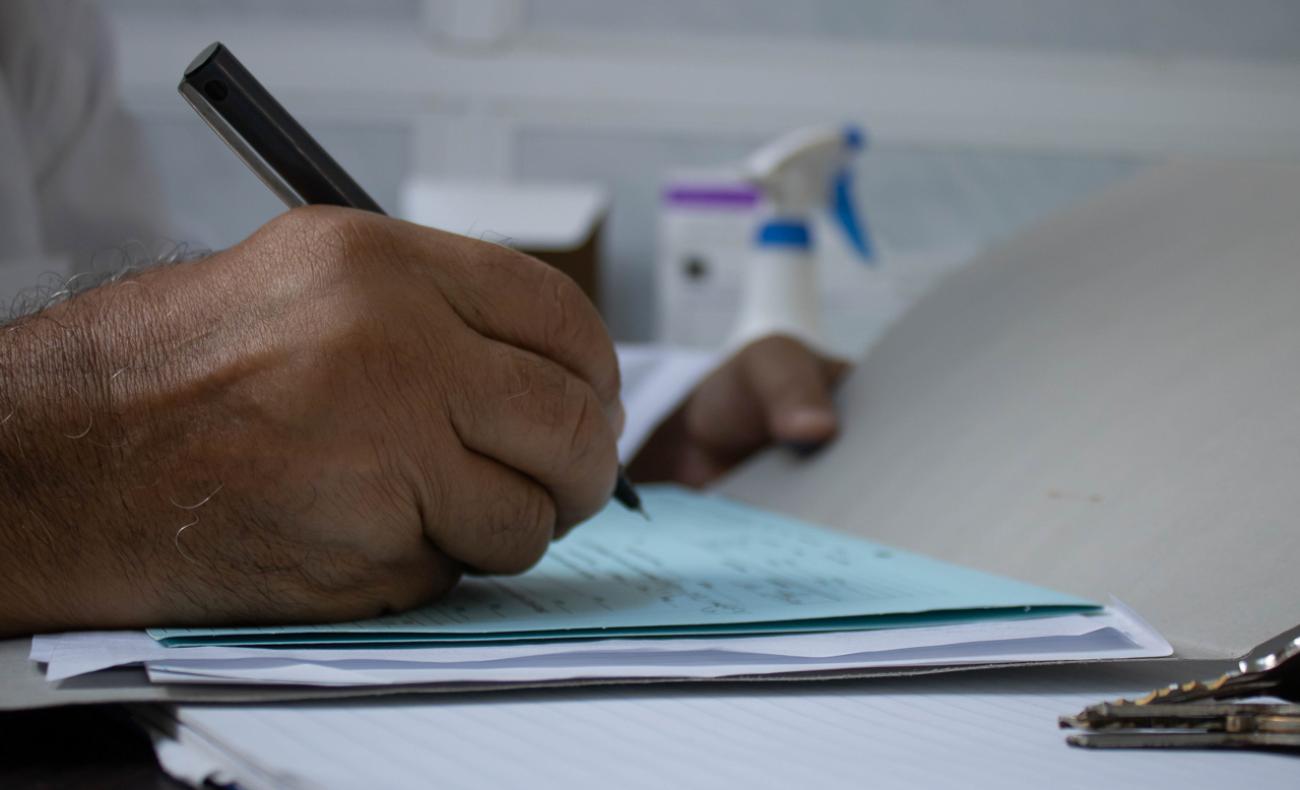
______________________________
Aden – In 2015, Sami* felt unwell.
“I was tired, but I thought it was just a seasonal flu,” recalled the 33-year-old resident of the ancient city of Aden.
Sami left the home he shared here with his mother and brother to visit a health centre for what he thought would be a routine checkup. It was at this doctor’s visit that he discovered his HIV status.
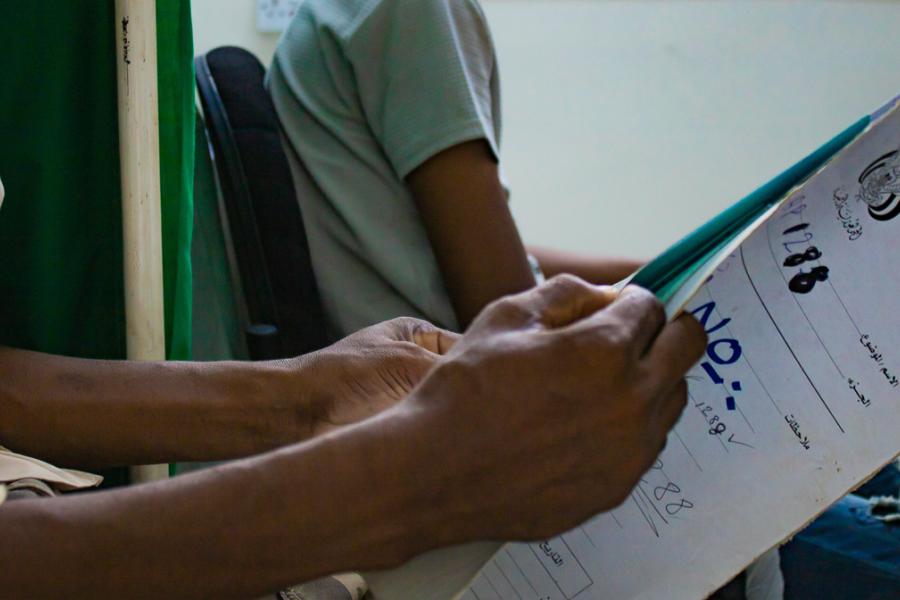
“At the hospital, the doctor told me that I needed to take more tests. I did not realize what was wrong until I was given the results and told that I was HIV positive,” he explained, describing the day that changed his life forever.
In much of the world today, a diagnosis with Human Immunodeficiency Virus, more commonly known as HIV, is no longer a death sentence. But only if the right drugs are available.
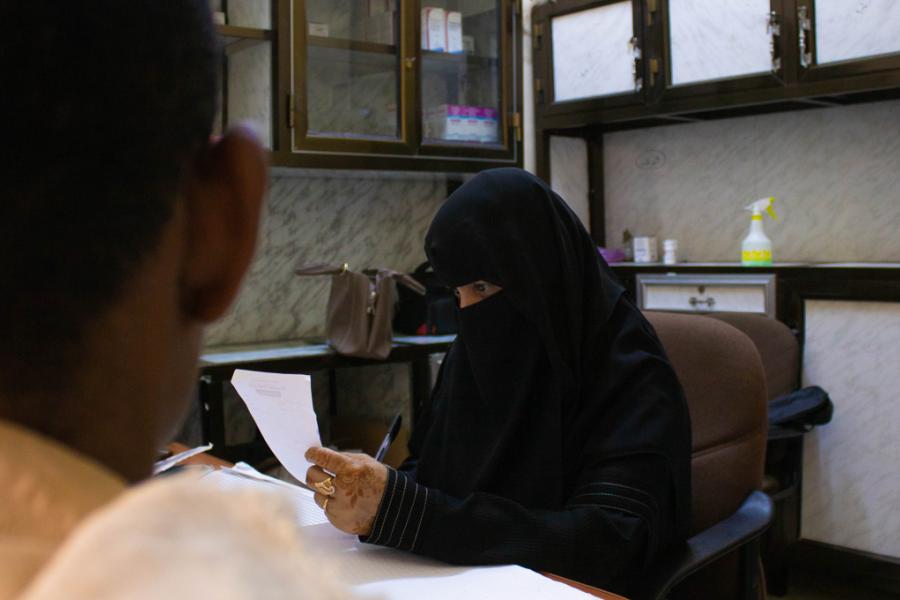
Advances in antiretroviral therapy (ART) mean that people infected with the virus can live longer, healthier lives. In fact, once the viral load becomes undetectable in a person as a result of treatment, it is no longer possible for them to transmit the virus to others.
However, in countries in acute crises, medication and health care can be hard to come by. This is the case in Yemen, which is entering its seventh year of conflict and crisis. There, only 50 per cent of health facilities are fully functional. With medical supplies scarce, an estimated 11,000 persons living with HIV in Yemen struggle to survive.
Like many other young people in Yemen, and across the world, Sami’s knowledge of HIV was extremely limited. It had never been something discussed at home or in school, or with friends. But he did know that it brought stigma and shame to those who were diagnosed, as it was linked to what are seen as culturally proscribed practices.
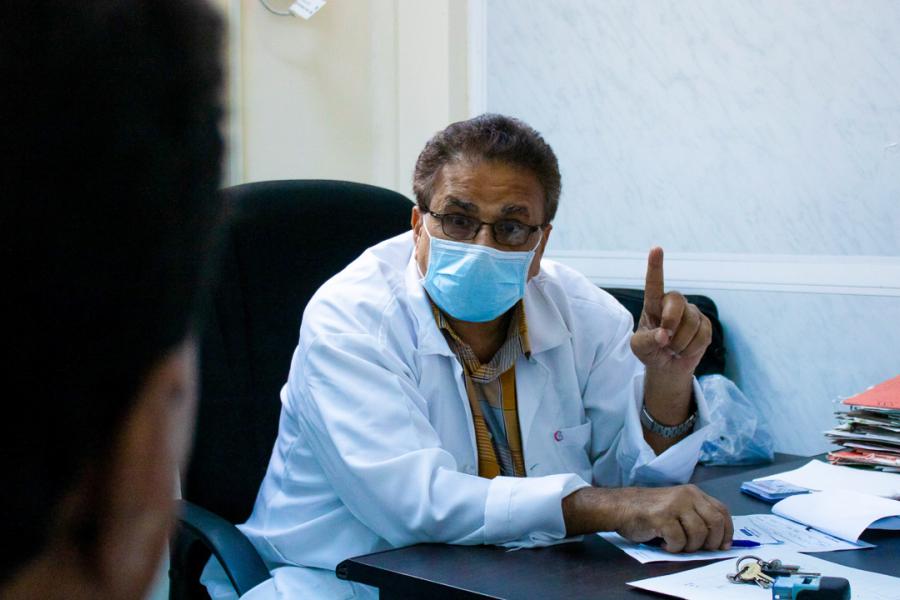
“The doctor explained more to me about the virus because I had no idea what I would be dealing with,” said Sami, who knew he was facing a future of rejection.
“I remember that at the time I cried as if the world had come to an end,” he added.
Before his diagnosis, Sami loved swimming and fishing with friends. Now he was unsure whether he would ever be well enough to be so active again.
He felt like his world was imploding. He saw what years of conflict had done to his country’s public institutions, now barely able to support his people. He did not know if he could access treatment and whether the virus would continue to take hold of his body.
But Sami was lucky. His doctor told him about an ART site in Aden city that could provide help.
An ART site is a health facility that provides care services and medicine to people living with HIV. This includes preventive, diagnostic, awareness and nutritional advice, as well as curative and counseling services.
“Up until 2007, individuals living with HIV could not receive proper health care, but with the ART site and intensive health care it provides, patients feel relieved and safe. Once people living with HIV take their medication regularly, they can lead a normal life,” said Dr Nasser Qassem Sami, the head of the Aden ART site.
When the conflict broke out in Yemen, most of the ART site’s furniture and equipment were damaged, resulting in a near shutdown of services for over three years. Responding to an urgent need to restore the site, the International Organization for Migration (IOM) supported the National AIDS Control Program (NACP) in Aden. Through the Global Fund to Fight AIDS, Tuberculosis and Malaria’s Middle East Response Project, IOM was able to help rehabilitate the site. Rehabilitation included providing the site with furniture, air conditioners, and information and communication technology (ICT) equipment.
When Sami came to the site for the first time, he needed more than medical care. He also needed psychological attention and emotional support.
“Being diagnosed as HIV positive can be one of the most difficult experiences a young person can go through,” explained the ART site’s Dr Nasser.
“An HIV patient might feel scared, sad or even angry, and that is OK. It is a completely natural part of coping with something that can be life-changing.”
People living with HIV suffer from low immunity, so part of the treatment is to provide patients, like Sami, with a specific schedule for nutritional food that can help raise the level of immunity in their body. This is especially crucial during the COVID-19 pandemic, as people with suppressed immunity are more vulnerable to the virus. Sami also takes part in weekly awareness sessions on how to live comfortably with HIV and sessions on psychological support and confidence-boosting sessions.
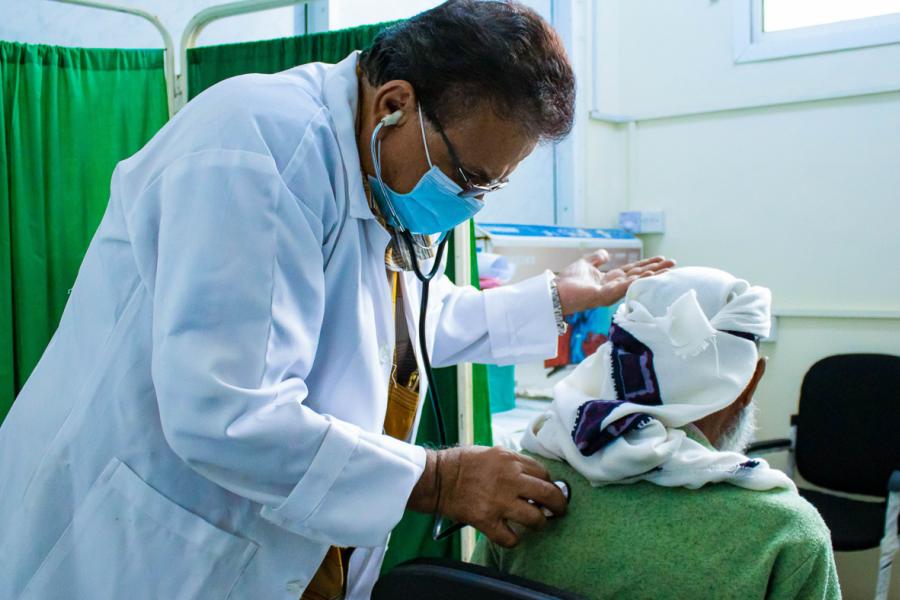
After IOM completed the restoration of the site, the ART site’s clinic, counseling areas, labs, pharmacy and technical system quickly recovered their function. The staff have increased the number of people they are providing with help. Visitors began encouraging other HIV patients to come receive treatment.
“I started taking my medicine regularly, and now I feel much better than before. I feel like I have part of my life back,” said Sami, who can now resume the hobbies he’s fond of, thanks to the therapeutic dose that he receives every three months.
By the end of 2020, nearly 3,000 people with HIV were registered at ART sites in Aden, Ta'iz, Hadramawt, Sana’a and Al Hodeidah governorates. More than 360—almost 20 per cent—receive attention in the Aden site.
Through the Global Fund, IOM continues to support ART sites and NACP with HIV rapid test slides, advanced laboratory machines, HIV treatment, anti-infection materials and other needed items to ensure the sites run well and provide the best care possible to their patients.
*Name changed
Written by Majed Mohammed and Mennatallah Homaid, IOM Yemen’s Communication Assistants

